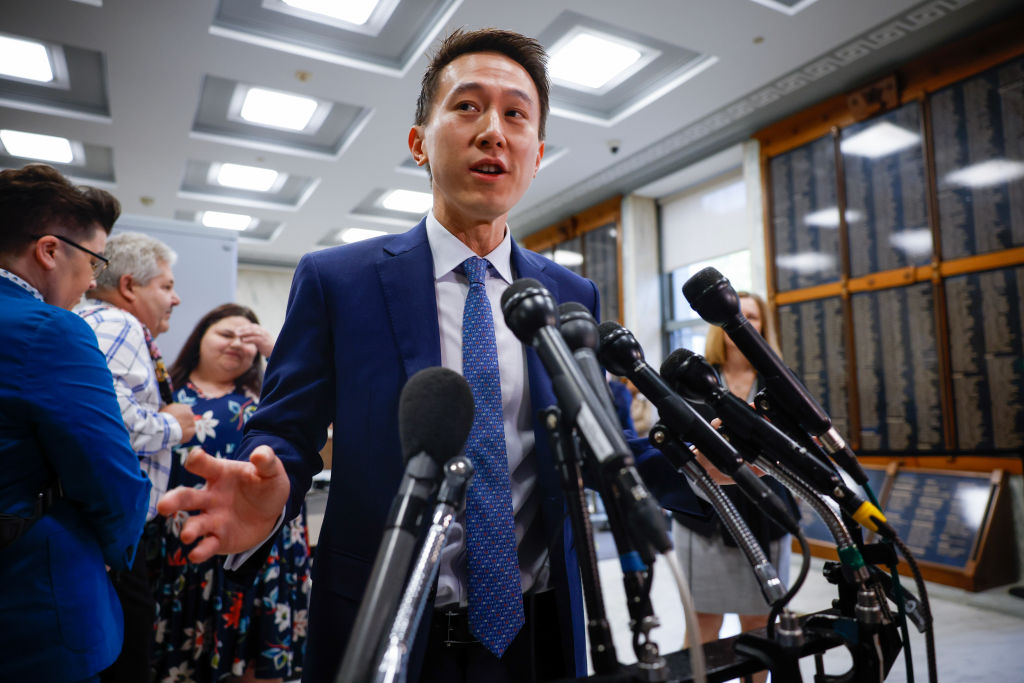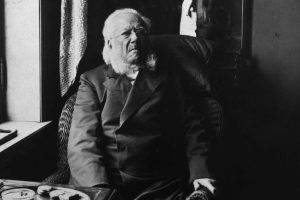TikTok’s time with the uber-connected Democratic PR firm SKDK is up.
According to the Washington Post’s Technology 202 newsletter, SKDK “wrapped up its work for TikTok in recent weeks after assisting with its campaign to bring digital influencers to Capitol Hill.”
Politico reported that TikTok retained the services of the firm co-founded by Joe Biden’s current senior advisor Anita Dunn on March 9. To Cockburn, it seems like SKDK’s mission is complete. During its time representing the controversial Chinese app, the odds of a full TikTok ban — which seemed all but inevitable following CEO Shou Zi Chew’s disastrous congressional testimony later in March — have dwindled by the day.
All of a sudden, stories about how Holocaust survivors have been using TikTok (which is inextricably tied to a government’s ongoing genocide of a different religious group) to educate younger audiences about Nazi Germany’s atrocities appeared in the AP, USA Today and more.
Meanwhile, away from the left, the Charles Koch-funded Reason magazine and Mises Institute united with Tucker Carlson to create a libertarian-nationalist alliance — which was at best anti-anti-TikTok, and at worst as useful idiots for the Chinese Communist Party.
While some Republicans, like Senator Rand Paul (who is supported by Jeff Yass, a GOP megadonor with a 15 percent stake in ByteDance, the company that owns TikTok) have been eager to defend Chinese spyware on somewhat specious grounds, SKDK’s presence hasn’t stopped others, like Montana’s governor Greg Gianforte, from pressing onward with a full-scale ban that takes effect next year.
The fact that it took a Republican best known for body-slamming a journalist to ban the app while others twist in the wind does not inspire much confidence. Neither does the app employing a lobbyist, Michael Beckerman, who used to work for Biden’s son Hunter — a man whose financial ties to the CCP have been widely documented.
The combination of malleable left-wing press and contrarian libertarians and right-wingers was opposed by… almost no one, it seems — which led to TikTok to claw itself out of the abyss its CEO had left it in.
It’s curious to Cockburn that we learn of TikTok’s separation from SKDK right as Congress comes back in session — but that’s probably because its work is done and the waters are muddied enough that the votes simply aren’t there to ban the app or force a sale.
After a month of SKDK work, it seems doubtful that TikTok or any of the other CCP apps dominating the app store will go anywhere any time soon.

























